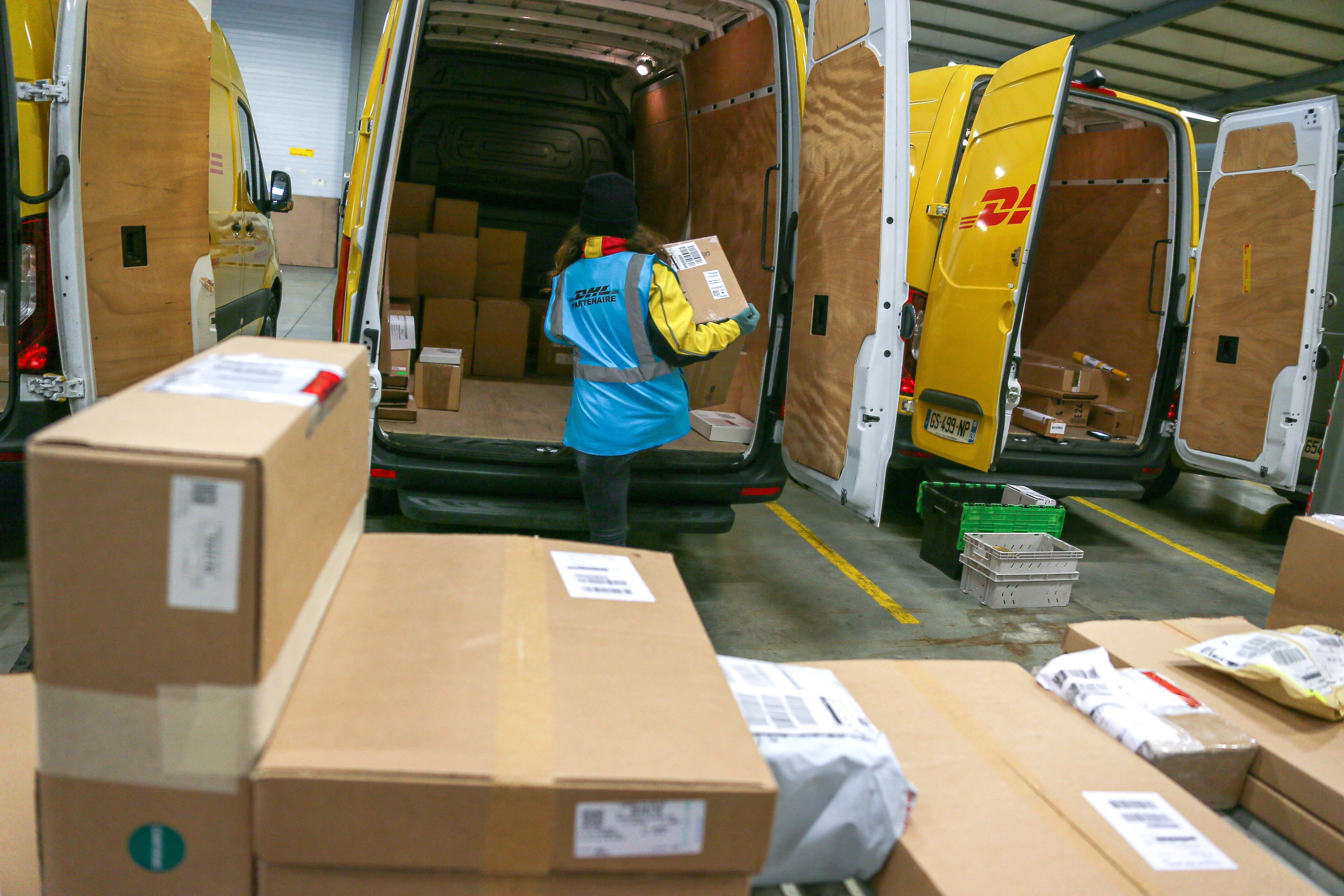Several countries are suspending postal service to the United States as the exemption on tariff duties for low-cost packages comes to an end following an executive order from Donald Trump.
Postal services for several European countries said they are putting a pause on shipping packages to the U.S. the “de minimis” exemption expires on Friday, August 29.
The exemption allows packages worth less than $800 to enter the country duty-free. In 2024, 1.36 billion packages entered the country under the exemption, bringing in goods worth $64.6 billion total, according to U.S. Customs and Border Patrol data.
Postal services in Germany, Denmark, Sweden and Italy said they would halt shipping most packages to the United States on Saturday. France and Austria said they will stop on Monday.
The United Kingdom’s Royal Mail said it would stop shipments on Tuesday, allowing time for those packages to arrive before duties begin.

Now, items being shipped from the U.K. worth more than $100 — including gifts and packages being sent to friends and family — will incur a 10 percent duty, the Royal Mail said.
Removing the exemption raises costs for imported goods, but postal companies say they’re taking a pause due to the ambiguous policies the Trump administration is putting into place.
“Key questions remain unresolved,” including how duties are collected, what additional data will be required, and how that data will be reported to customs officials, according to DHL, the largest shipping provider in Europe.
Starting Saturday, DHL said it would “no longer be able to accept and transport parcels and postal items containing goods from business customers” destined for the United States.
Asian postal services, including SingPost and India’s Department of Posts, also announced plans to halt shipments to the U.S.
The Trump administration revoked the exception for China and Hong Kong in May, impacting popular cheap retailers such as Temu and Shein, before deciding last month that the change would be extended to shipments coming into the United States from all countries.
Businesses may face an $80 per item charge for packages sent from countries with a tariff rate less than 16 percent. Parcels sent from countries with a tariff rate between 16 percent and 25 percent may see costs as high as $160.
Countries with tariff rates above 25 percent would see a $200 per item fee incurred, according to Trump’s executive order.
The changes would force either the sender or consumer to take on the new fees, according to Belgium’s bpost, which said in a statement the changes mean “import duties for all shipments with goods must be prepaid, regardless of value.”

Letters sent to the United States — or packages sent by individuals worth less than $100 — will not be affected.
The de minimis provision was added several years after the passage of the Tariff Act of 1930 with the intention of making trade easier by eliminating administrative hurdles, such as collecting minimal duties. It has been particularly effective with the rise of e-commerce.
However, in recent years, cheap e-commerce retailers overseas have been accused of over-utilizing the loophole, with the White House calling di minimis a “catastrophic loophole” used to funnel synthetic drugs into the country.
Many European countries enacting restrictions now say they are taking action early because they cannot guarantee the goods will enter the country before Friday.
PostEurop, an association of 51 European public postal companies, says if no solution is found before then, all members will likely pause shipments to the United States.
With reporting by the Associated Press





